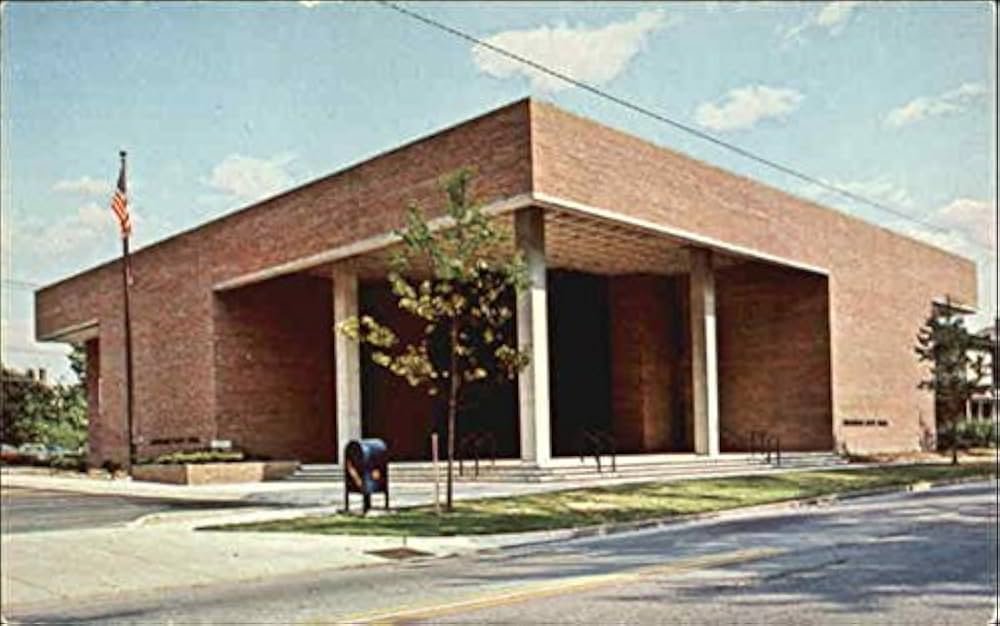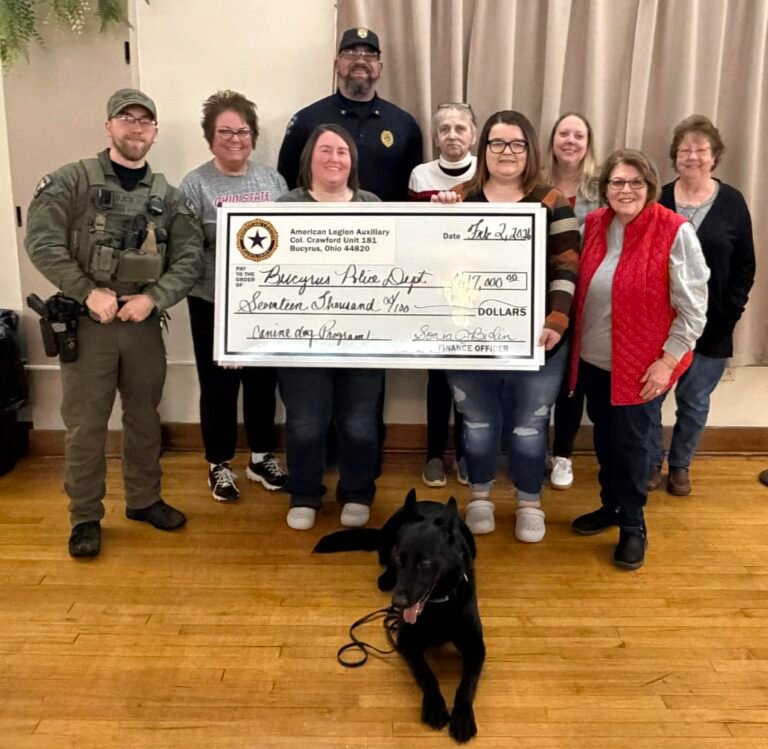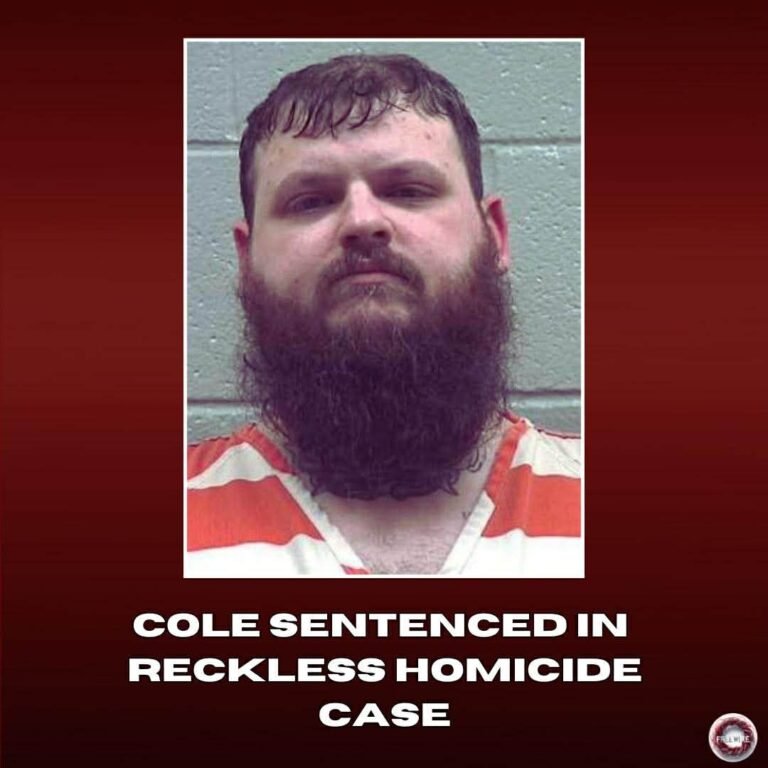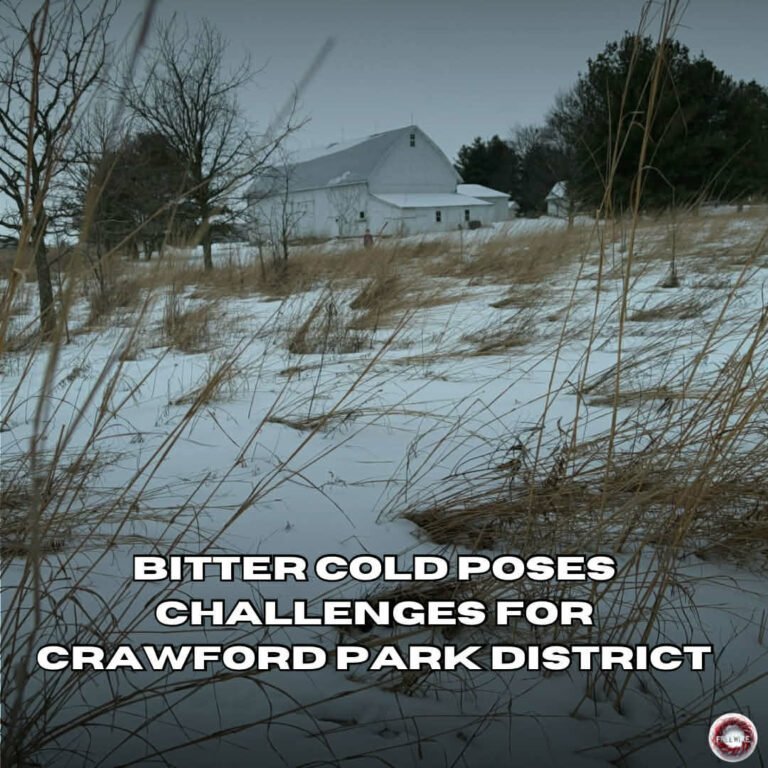
In a sprawling night of committee meetings that stretched into a special full council session, Bucyrus City officials confronted a mix of confusion, urgency, and citizen-driven initiatives. From debates over who appoints to what, to an emergency effort to lease farmland before the weeds took over, Thursday’s meetings covered a lot of ground—literally and figuratively.
Council Stumbles Over Appointments — Again
Councilwoman Vick Dishon brought up the fact that the city had failed to appoint alternate members to the International Property Maintenance Code (IPMC) committee, as required. This sparked renewed confusion over who exactly has the authority to appoint members—questions centered on whether it’s the mayor or the council president.
Council ultimately tabled the resolution, agreeing to pass information to Council President Kurt Fankhauser. Adam Frizzell, who sits on the IPMC committee, stepped in to correct the record. According to the 2012 IPM code—and the newer 2024 version—the appointing authority is clearly the mayor, not the council president.
Kevin Myers suggested that all city appointments—whether by the mayor or council—should be codified in one piece of legislation to avoid this recurring confusion.
Greg White Pushes Smart Solicitation Rules
Greg White brought forward a practical and well-received idea: establish fines for solicitors who violate no-soliciting rules. The committee discussed building an opt-out list for residents and creating a penalty structure for companies who ignore posted signs or registered requests.
Logan from FreeWire added that many door-to-door salespeople are trained to disregard signs unless there are actual financial consequences.
Council members debated how to balance enforcement with fairness to smaller companies. Communications Director Bonnie Welsh was asked to post visuals of proper solicitor badges, and there was consensus around letting residents sign up for the list though the city website.
Kali Lewis Unloads on Fankhauser and “Just Say No”
City Auditor Kali Lewis delivered a lengthy, audio log-supported critique of Council President Kurt Fankhauser and his so-called political action committee, “Just Say No”—a Facebook group that is not registered as a PAC with the Ohio Secretary of State.
Lewis accused Fankhauser of deliberately avoiding any voting record, calling it a pattern designed to give him cover to always claim moral superiority regardless of the outcome. “He conveniently sits in a position with no voting record… so he can always say, ‘I told you so,’” Lewis said. “I’m thoroughly convinced he would see the city razed to the ground just to say, ‘I told you so.’”
Her remarks echoed a broader frustration among council and city staff who have struggled with Fankhauser’s refusal to sponsor legislation, even on issues he claims to support when it’s more politically convenient–like the elimination of the out of town tax credit.
Fire Department Tensions Simmer
Discussion of pay raises, union negotiations, and accusations that the fire department is “padding stats” arose during the Health & Safety Committee meeting. These issues warrant their own deep dive and will be explored in a forthcoming FreeWire investigation.
Economic Zones vs. Traditional Zoning
Clarissa Slater brought a forward-looking proposal to explore additional economic development zone programs, such as TIFs (Tax Increment Financing), TMUDs (Transformational Mixed-Use Developments), and federal Opportunity Zones. Bucyrus already has Enterprise and CRA (Community Reinvestment Area) zones.
Fankhauser later suggested a two-year moratorium on zoning altogether, arguing that it hinders development. Slater clarified that economic zones have nothing to do with zoning laws, and Law Director Brandon Gobrecht recommended routing any zoning repeal proposals through the ad hoc zoning committee instead.
CRA Agreements Renewed
Council passed non-emergency legislation to continue CRA abatements for Bucyrus Storage Complex LLC and Props 4 US LLC (Burger King), based on compliance reviews from the Tax Incentive Review Council.
Farmland Fiasco: Compromise or Crisis
After months of tension between Dishon and Gobrecht over legislative wording, their ongoing friction reached a boiling point. Dishon, who once worked as a law clerk, insists that any legislation must meet the highest standard of precision. If it doesn’t, she won’t vote for it.
This typically wouldn’t be an immediate problem—but on Thursday night, council — and by extension, the administration — needed every single council member present to approve an emergency measure to lease unused farmland. With Councilman Zyan Hickman absent due to work obligations, Dishon’s refusal to compromise jeopardized the vote.
The urgency was real. Without a lease in place, the farmland would sit unmanaged, requiring city resources for maintenance and potentially diminishing the land’s value if overgrowth set in before planting season. Though the legislation was not a binding contract and would have no bearing on sale terms, Dishon took a firm stand: “I will not compromise.”
Gobrecht presented a choice—approve the language as-is or force the administration to delay for three weeks or call another special meeting just to reword a single phrase. Ultimately, council approved the measure during a special session already scheduled by the mayor to address the farmland bids. The land can now be leased and worked without further delay.
Fankhauser Again Avoids a Voting Record
When gravel lot surfacing rules resurfaced, Fankhauser declined to write the legislation, despite previously demanding it. During an earlier meeting, when James Mee told him, “It won’t be right unless you write it yourself,” Fankhauser replied, “You’re probably right about that.”
The pattern fits a larger critique raised by City Auditor Kali Lewis: Fankhauser frequently avoids taking votes or authoring legislation to preserve his ability to later claim he opposed bad ideas or supported good ones—regardless of how he actually participated.
Community Garden Blossoms From Floodplain
Joe Graham of the Crawford County Health Department introduced a plan to convert city-owned floodplain land near Clinton Street into a pollinator garden in 2025 and a full community garden in 2026.
The land is designated FEMA Zone AE and can’t be developed, making it an ideal spot for native flowers and local food production. Council members supported the plan, noting that it will reduce mowing costs while benefiting the community.
Clarissa Slater confirmed the land is not buildable, and Council expressed appreciation for the careful, year-by-year planning.
Wilson Memorial Approved
American Legion members Denny Teynor and Ty Bowers presented a resolution to honor Doug Wilson with a plaque at the town square flagpole.
Wilson, known for insisting the flag fly on holidays, personally re-hemmed the city’s massive 20×30 flag to avoid the cost of replacement during his time as mayor. The resolution passed as an emergency, and the city will work with the family and veterans group to finalize wording.
For more about Wilson’s life and legacy, read our earlier feature: Douglas E. Wilson: A Legacy of Service, Leadership, and Unyielding Determination.
Taxes, Levies, and the Search for Revenue
James Mee suggested the city consider asking voters to raise the income tax rate from 2.25% to 3%.
White countered with an idea for a property tax levy, noting that income tax doesn’t touch retirees or low-income households. He also called for serious discussions about budget cuts, even floating a hypothetical reduction to a 32-hour workweek for city employees.
Council agreed to ask department heads to review their budgets for possible cuts.
Notably, property taxes are a county issue, not a city one. Council cannot directly implement or control property tax levies, making this suggestion more aspirational than actionable.
Conclusion: From Soil to Spending, Bucyrus Grapples With Growth
In a marathon meeting that veered from legislative minutiae to wildflower planning, one thing became clear: Bucyrus is a city trying to manage growth, fix past missteps, and respond to a public that expects more transparency, more solutions, and fewer standoffs. Whether it’s reining in solicitors, honoring a veteran, or managing the weeds on city land—the decisions made this week will have real, tangible impacts for the season ahead.
And for once, it seems, things might just be sprouting in the right direction.




















